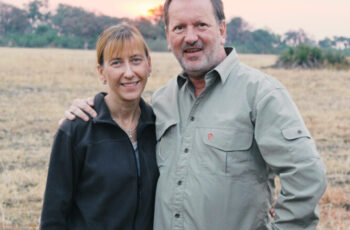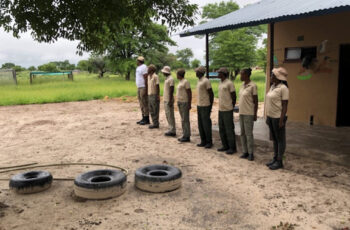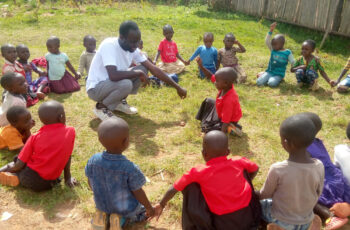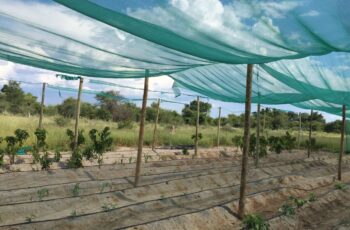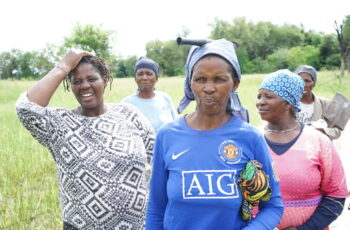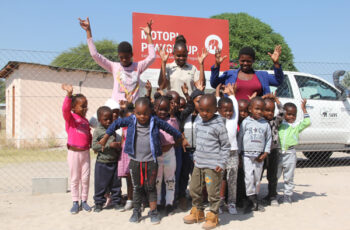
Search
Species protection through development work
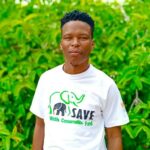
,,The CSA program aims to curb traditional poaching by providing communities with a variety of vegetables to supplement their diets and use modern farming methods to improve their livelihoods and promote sustainable agriculture.“
– Tirelo Ramasimong, SAVE Community Development Officer –
Our approach to species conservation

Here we strengthen the communities
We support development around wildlife areas. There, we help communities generate sustainable incomes, such as through ecotourism. Communities that used to stay afloat through trophy hunting tourism now generate income through traditional crafts, climate-smart farming, and community campsites for ecotourists.
SAVE development work for species conservation
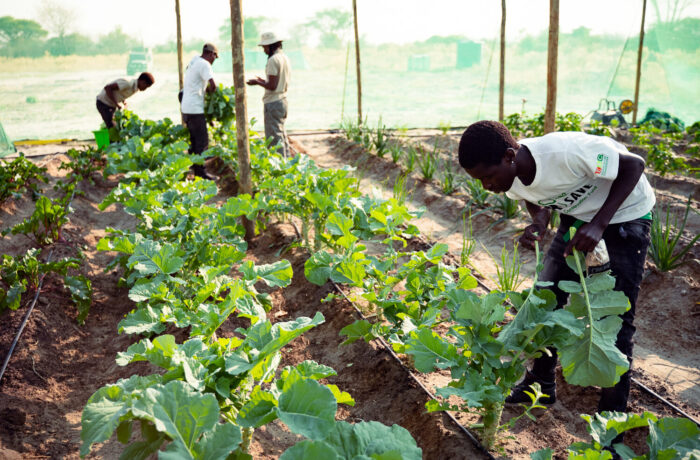
Climate Smart Agriculture Program
Since October 2021, the SAVE Smart Agriculture project has enabled the inhabitants of the project area to achieve sustainable food security for themselves and their families. At the same time, they make an important contribution to wildlife conservation. SAVE Botswana's dedicated team trains farmers in environmentally friendly farming methods to ensure that everyone benefits from the positive impact. These efforts not only contribute to sustainable food security, but also protect wildlife by growing fruits and vegetables that can replace meat consumption and livestock.
Learn more
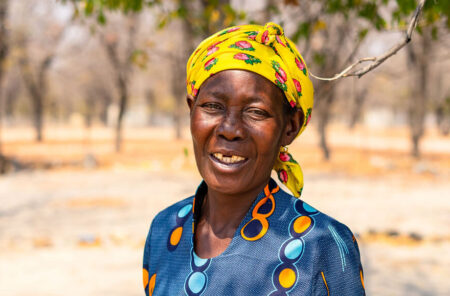
Women Empowerment Program
The program was launched in August 2022 and gives 80 women the chance to build up alternative sources of income in typical local business sectors such as vegetable growing, chicken farming and basket weaving. Training in relevant specialist areas such as financial accounting gives them a solid foundation for their entrepreneurial activities, thereby increasing their chances of success.
The Women Empowerment Program thus serves both people and species conservation. The women's groups are empowered and enabled to earn money from their local products, which makes them independent of livestock farming.
Learn more
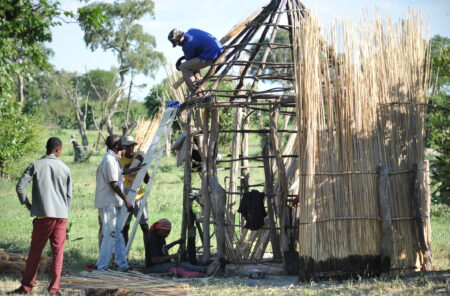
Community Campsite Programm
3 Communities that used to stay afloat through trophy hunting tourism now generate their revenue through community campgrounds for ecotourists. Ecotourism generates 40 times more revenue than trophy hunting and employs almost only locals. These activities promote harmonious living in rural communities adjacent to wildlife refuges because they add value to natural resources and wildlife, which are no longer seen as threats by the people involved. With the increase of income in the community, facilities for social services, such as health centers and educational institutions, are subsequently created.
To the camps
Successes
Species conservation through development work: Our successes since program launch in 2011.Women strengthened in their company
Hectare CSA projects Enables
Campsites realized
And this could be your contribution
Many people live in conflict with wild animals. Often the animals are killed because they take away people’s food or cause them harm. The situation can only be improved if we help people to satisfy their basic needs. Through development work, we can help people live a better life and thus also protect the lives of wild animals.
Support now our work for sustainable local development in Botswana
News about our development programs

Stay up to date – we will inform you regularly about our projects and further activities.

